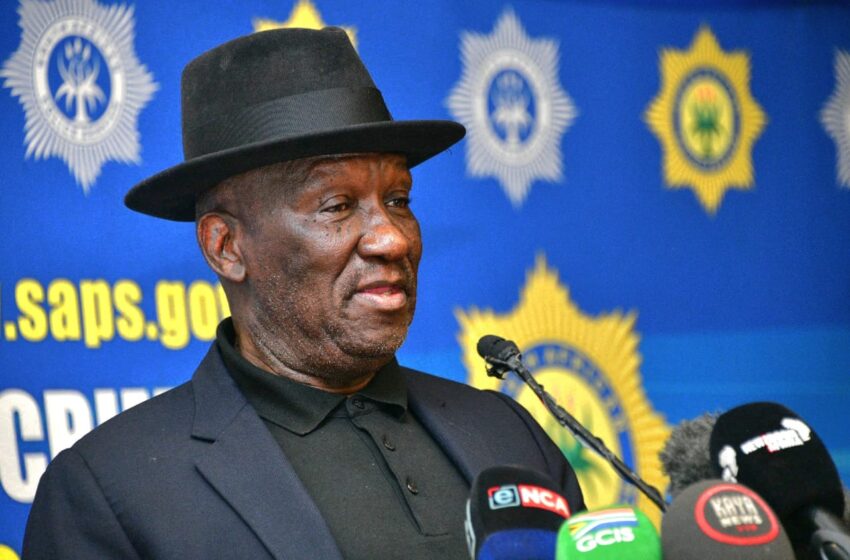Power struggle over Mkhwanazi testimony sparks commission vs Parliament clash

Bheki Cele
A high-stakes battle is emerging over who will hear KZN Police Commissioner Nhlanhla Mkhwanazi first, as both the Madlanga Commission and Parliament’s Ad Hoc Committee move to secure his testimony.
The Madlanga Commission, which is preparing to start its hearings in less than two weeks, is currently consulting closely with evidence leaders to ensure a smooth process. Officials have emphasised the need to manage the sequence of witness appearances carefully, signalling the importance of Mkhwanazi’s testimony in the wider probe.
At the same time, Parliament’s Ad Hoc Committee, tasked with investigating allegations of police corruption and interference, is accelerating its efforts to call witnesses. The committee plans to hear seven individuals, many of whom are expected to appear before the commission as well, beginning on 22 September. The committee aims to complete its proceedings by 31 October, underscoring the urgency of the inquiry.
In a significant development, former Police Minister Bheki Cele has been added to the committee’s witness list. Members cited a recent News24 report that revealed Cele allegedly contacted crime figure Vusimuzi ‘Cat’ Matlala ten times in a single day, raising concerns about possible interference and connections within law enforcement.
Committee Chair Soviet Lekganyane confirmed that Cele’s testimony is critical to the investigation. Committee member Ian Cameron added that examining Cele’s ties to individuals under scrutiny is particularly important following the News24 exposé.
So far, five witnesses have confirmed their availability, signalling strong momentum in the committee’s work. The overlapping timelines of the commission and parliamentary committee highlight a rare scenario in which multiple oversight bodies are vying for the same high-profile testimony, reflecting the significance of Mkhwanazi’s role in ongoing police corruption investigations.
As both bodies prepare to hear evidence, all eyes are on Durban, where the next few weeks are expected to shape South Africa’s policing accountability landscape.

